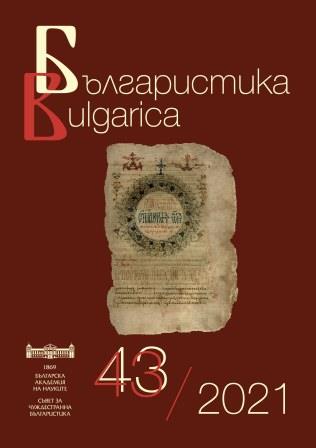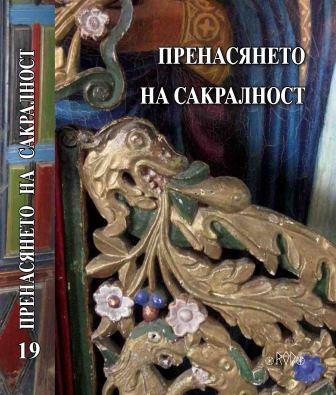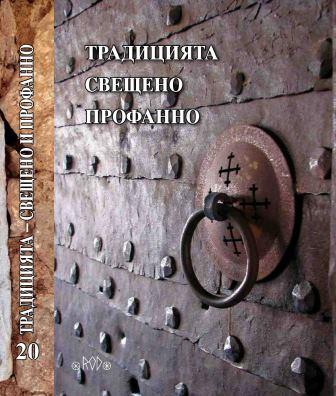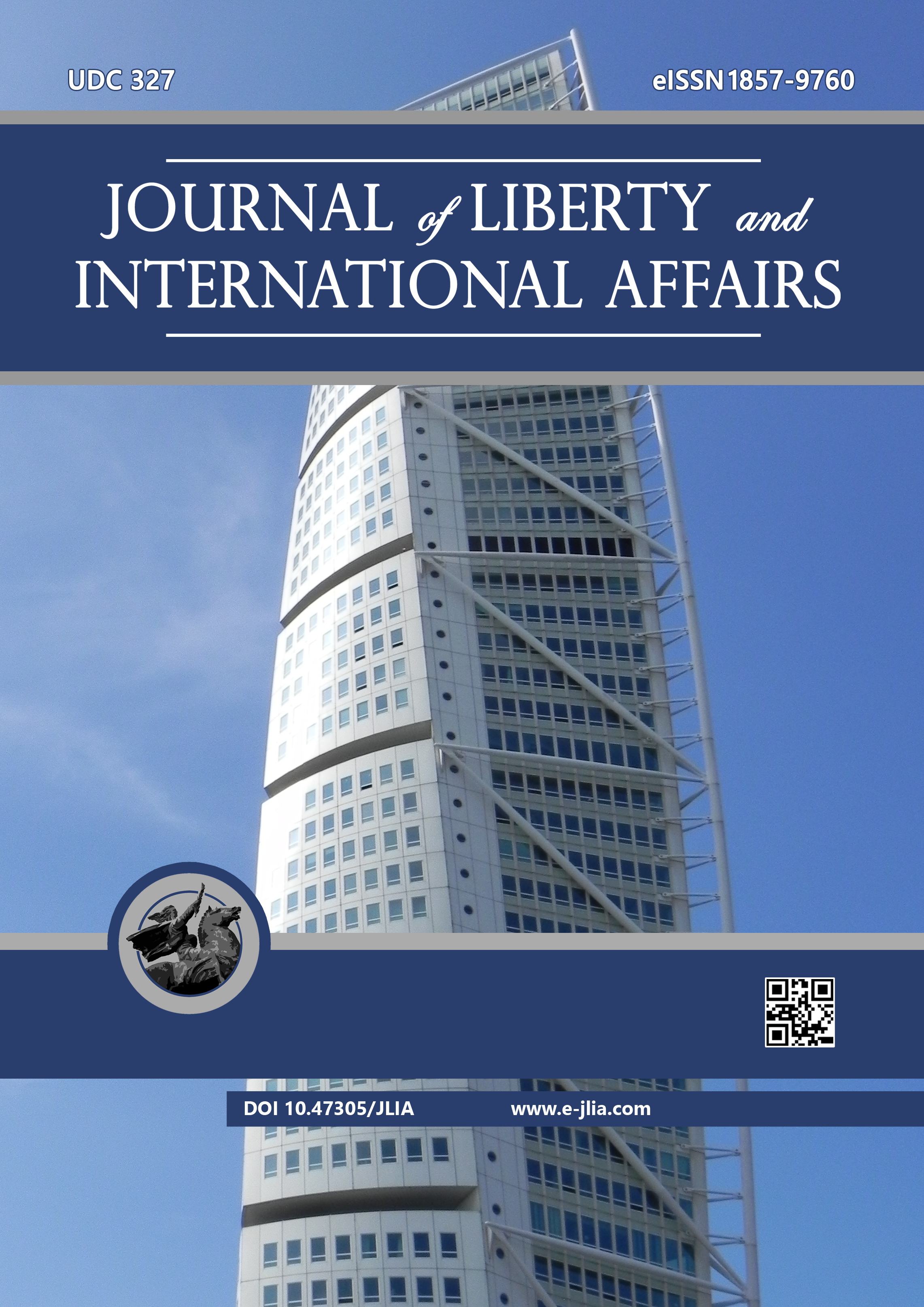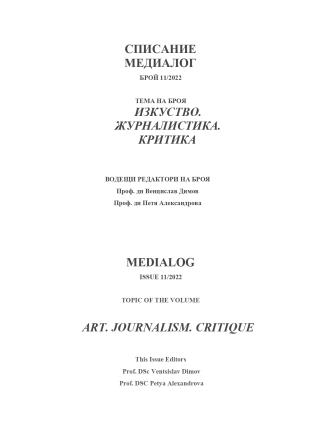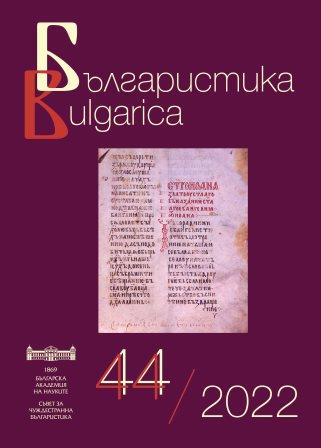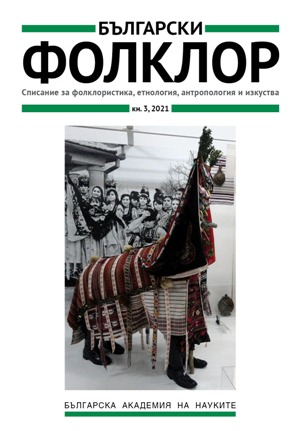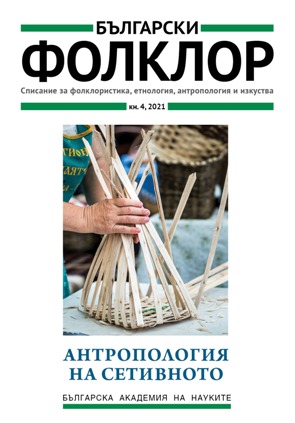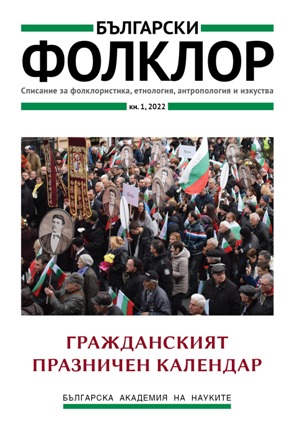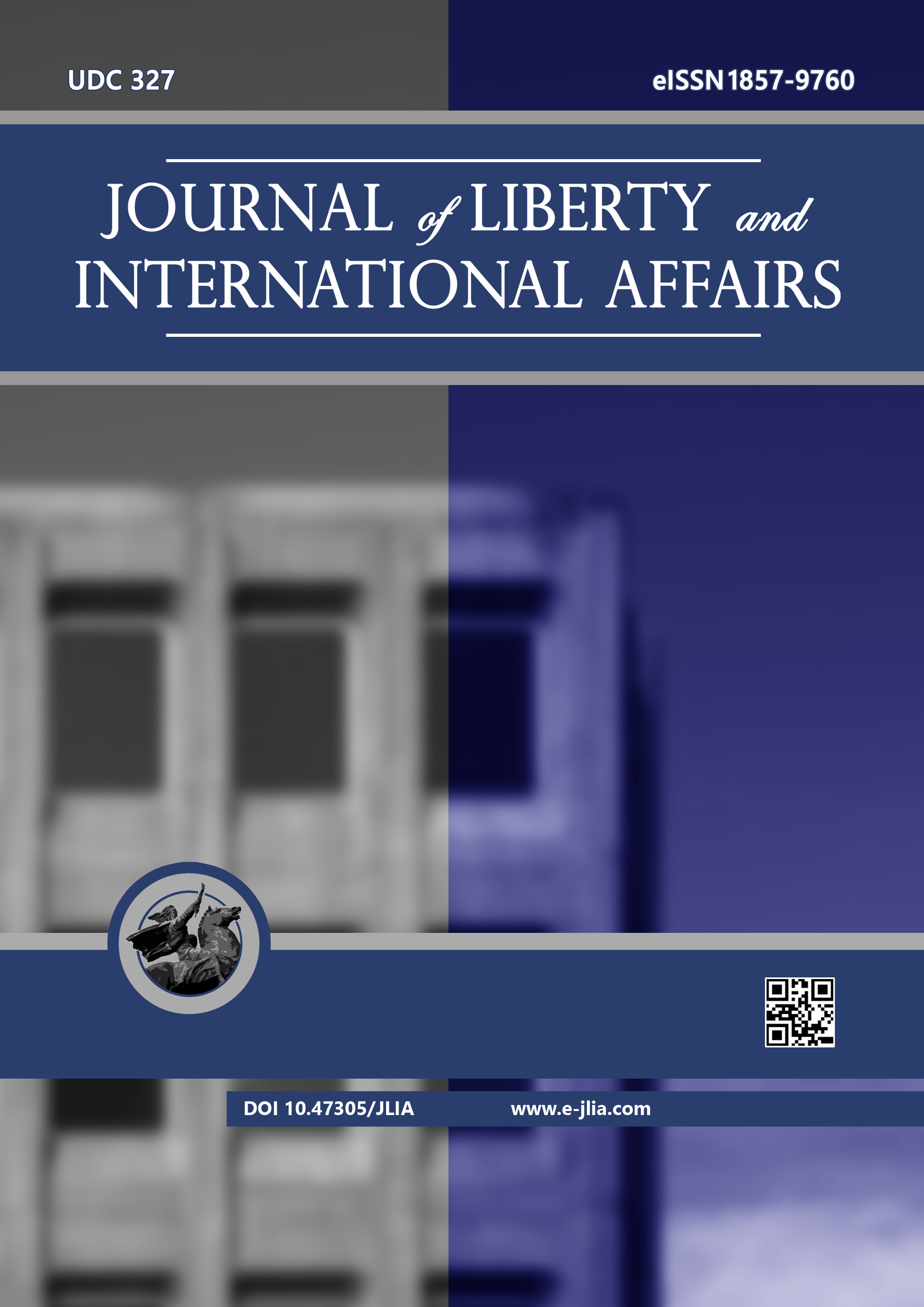
AFGHANISTAN UNDER TALIBAN: A NEW REGIME POSES A THREAT TO INTERNATIONAL STABILITY
The purpose of this study was to see whether the Taliban regime poses a threat to the international community. The research primarily examined the threats that the formation of a theocratic regime in Afghanistan poses to neighboring countries and the international community. With regards to research methods, a document analysis method was used to obtain valid information and to analyze and describe the complex situation in Afghanistan. A wide array of documents and scholarly articles were analyzed to obtain reliable and objective information. This research revealed that the Taliban has not changed at all and still rules Afghanistan with medieval methods and strategies. Since the Taliban takeover of Afghanistan, the economic situation has deteriorated considerably and people face severe hardship. Therefore, hundreds of thousands of Afghans want to leave their homeland and migrate to the West. The Taliban violates constantly human rights and discriminates against women, ethnic and religious minorities. The Taliban has transformed Afghanistan into a narco-state. Neighboring countries fear that Afghanistan might become a hotbed of terrorism and extremism again.
More...
